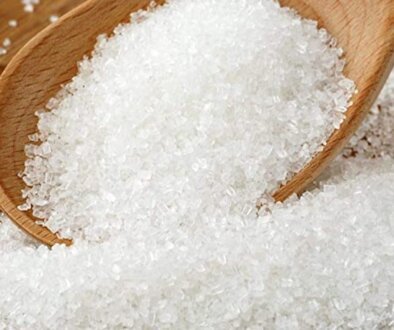What Is Malaria Disease and How Does It Spread?
Malaria Disease:

Introduction of Malaria:
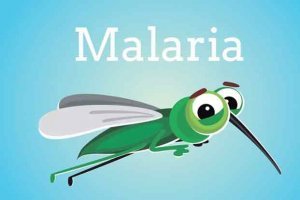
Malaria is caused by a mosquito bite. It is a life-threatening disease. Malaria mosquito-borne blood disease. It is a disease caused by a Plasmodium parasite. The parasite is transmitted to humans through the bites of infected mosquitoes. When this mosquito bites you, the parasite is released into your bloodstream. In 2017, P. falciparum accounted for 99.7% of estimated malaria cases in the WHO African Region, as well as in the majority of cases in the WHO regions of South-East Asia (62.8%), the Eastern Mediterranean (69%) and the Western Pacific (71.9%).
Malaria is an acute febrile illness.

Types of Malaria:
Four kinds of malaria parasites can infect humans:
- Plasmodium vivax,
- ovale,
- malaria,
- and P. falciparum.
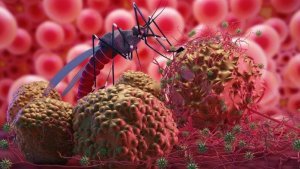
Symptoms:
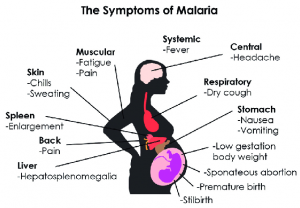
- Fever,
- Headache,
- And chills
- Severe illness,
- Severe Anaemia,
- Respiratory distress,
- Partial immunity,
- Allowing asymptomatic infections to occur.
- nausea
- vomiting
- abdominal pain
- diarrhea
- anemia
- muscle pain
- convulsions
- coma
- bloody stools
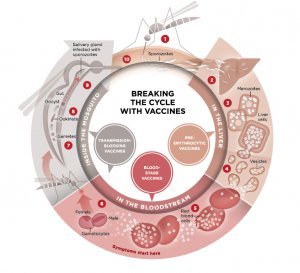
Transmission of Malaria:
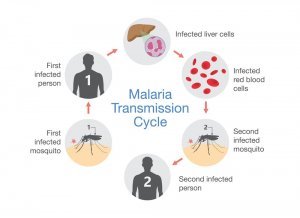
Malaria is transmitted through the bites of female Anopheles mosquitoes. There are more than 400 different species of Anopheles mosquito; around 30 are malaria vectors of major importance. Anopheles mosquitoes lay their eggs in water, which hatch into larvae, eventually emerging as adult mosquitoes. The female mosquitoes seek a blood meal to nurture their eggs. Each species of Anopheles mosquito has its preferred aquatic habitat; for example, some prefer small, shallow collections of fresh water, such as puddles and hoof prints, which are abundant during the rainy season in tropical countries. The transmission also depends on climatic conditions that may affect the number and survival of mosquitoes, such as rainfall patterns, temperature, and humidity. In many places, the transmission is seasonal, with a peak during and just after the rainy season.

Read About: Dengue Fever
Treatment of Malaria:

Malaria is treated with prescription drugs to kill the parasite.

The types of drugs and the length of treatment will vary, depending on:
- Which type of malaria parasite you have
- The severity of your symptoms
- Your age
- Whether you’re pregnant
Most patients recover completely after being treated. Moreover, infection with P. vivax or P. ovale may be associated with organisms that hide in the liver for months or years, keep from treatment.

Special medications are used to help eliminate these organisms, so it is important to closely follow medical directions when taking preventive medicines. Never stop the medication early if instructed to resume taking it for a few weeks after leaving the area where malaria is present.
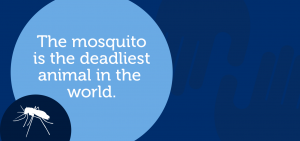
World’s Malaria Day:
World’s Malaria Day is celebrated at 25th April.
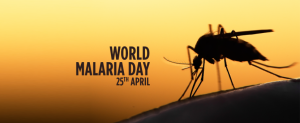
So as Malaria is a dangerous disease, so you should always take great care of yourself and take care of your family too. Take precautions and have treatments.





